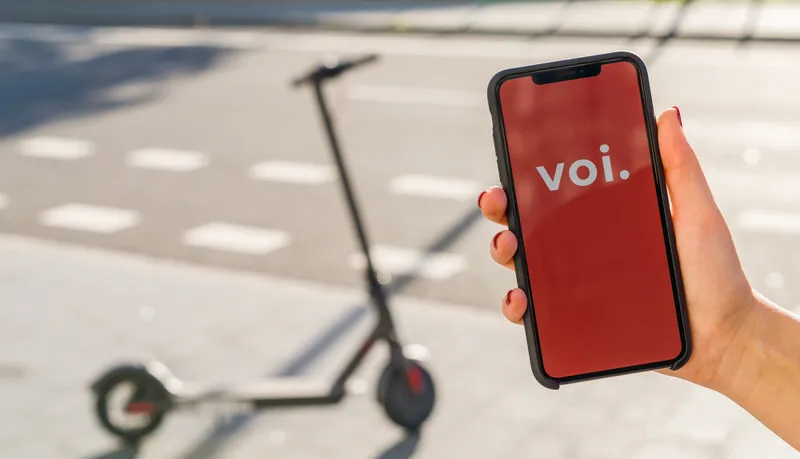Initially, two pilots will launch in beach communities Coney Island in Brooklyn and the Rockaways in Queens in July. Two more initiatives will then follow in the neighbourhood near Fordham University in the Bronx and on Staten Island's North Shore.
The project stems from a Request for Expressions of Interest issued by Department of Transport (DoT) in December 2017 that sought ideas around next-generation dockless public bike share systems.
The DoT will present plans to each community board and establish the boundaries for each area. In addition, the department will select the companies assigned to the communities.
These bikes will arrive on a rolling basis with the intention of having 200 models available to offer riders half-hour journeys. Users will be able to rent the vehicles from a mobile phone, usually for $1 or $2 per ride.
During the initiative, the DoT will assess companies' compliance with pilot requirements around data accessibility and user privacy. The criteria will also include the safety, availability and durability of the bikes.
After September, the DoT will work with local stakeholders to extend or discontinue the trials based on performance.
Four New York boroughs to trial dockless bike-share scheme
Four boroughs in New York will host a dockless bike share scheme this summer to offer citizens an inexpensive transportation option. The project, announced by Mayor Bill de Blasio, will allow the city to evaluate different dockless companies as well as those offering pedal-assist bikes.
Initially, two pilots will launch in beach communities Coney Island in Brooklyn and the Rockaways in Queens in July. Two more initiatives will then follow in the neighbourhood near Fordham University in the Bronx and on Sta
June 4, 2018
Read time: 2 mins
Four boroughs in New York will host a dockless bike share scheme this summer to offer citizens an inexpensive transportation option. The project, announced by Mayor Bill de Blasio, will allow the city to evaluate different dockless companies as well as those offering pedal-assist bikes.








